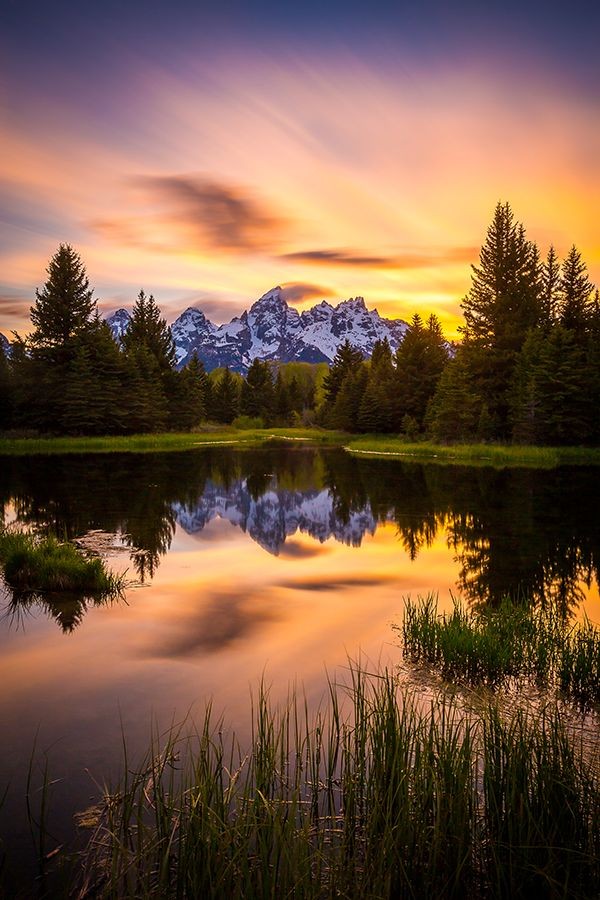MARCILLAC — From the edge of the vineyard, one can see a small wooden hosting shed for honeybees and other insects with translucent wings. The vegetation along the ground is dense with phacelia, rumex and crimson clovers to nurture biodiversity. Here in the French department of Gironde, more and more producers in and around the heart of Bordeaux winemaking country are betting green.
Behind this new commitment to reducing climate change and to nurture new environmentally friendly production is the Vignerons de Tutiac (Tutiac Winemakers), a cooperative comprising some 500 producers of Bordeaux, Côtes de Bourg and Blaye labels.
On this vineyard near the town of Marcillac, the use of green compost reduces the amount of chemical additives, as the vegetation absorbs nitrogen from the air and returns it to the ground, all of which helps reduce erosion and the leaching of soil.
The winegrowers have also planted four kilometers of hedgerows along the lots to protect rivers and other risk areas from pesticide contamination. "We're trying new practices to fight climate change, and we're also trying to reduce our environmental footprint," says Sarah Como, the cooperative's wine technician. Member winegrowers have committed to a policy agenda that touches on such concerns as water consumption, waste production, additives, monitoring and proximity to urban areas.
The Tutiac efforts, indeed, are part of a bigger movement. Having monitored the work at the vineyards for eight years, the Interprofessional Committee of Bordeaux Wine (CIVB) recently presented its 2015 sustainability report.

Photo: Les Vignerons de Tutiac Facebook page
The issues are important for the flagship vineyards of French wine production. After all, some 700 million bottles of Bordeaux are produced in a typical vintage. The 6,600 Bordeaux producers don't just have to prepare for a warmer future, which includes researching new types of grapes more resistant to disease and drought, but they also want to fight climate change by reducing their carbon emissions.
Start with the bottles
"We must preserve our soils and typicality of Bordeaux wines, reduce our environmental footprint and preserve biodiversity," says Bernard Farges, president of the CIVB.
One immediate attempt to reduce carbon emissions has focused on the materials and weight of the traditional bottle. The producers have managed to reduce the weight by more than 20%, from 550 grams to 450 grams. "This is the first step in reducing greenhouse gases," says Fabien Bova, CEO of the CIVB.
Philippe Guignan, another producer, says they also work on greener packaging, labels and corks, though this evolution hasn't been easy as a strong customer preference for the traditional bottles and packaging.
An environmental management system was launched in 2010 that 400 companies have embraced. The results are dramatic: Between 2008 and 2013, the sector of Bordeaux wines reduced its greenhouse gas emissions by 9%, and in 2015, 45% of vineyards were engaged in certification processes for organic and environmentally friendly labels.

Photo: Les Vignerons de Tutiac Facebook page
Dominique Forget, director of Château Couhins in the Pessac-Leognan area, sees the evolution clearly. Working with the National Institute for Agricultural Research, Forget carried out experiments on new viticultural and oenological techniques — such as composting of organic residues — and also anti-parasite techniques. "We know that with global warming we will have to change," he says.
But even if vineyards have begun to change, several problems remain, including the important issue of chemical additives and their coexistence with locals. Marie Gordian, of the Organization and Management Department of Côtes de Bourg, says major awareness was raised in 2014 after the illnesses of 23 children and their teacher when fungicide was used to spray areas close to their school. "After this event, we diagnosed 35 other sensitive sites such as schools, retirement homes and sports grounds," Gordian says.
Valérie Murat, whose winemaker father in Gironde died in 2012 from cancer, filed a complaint last year and doesn't share the sector's optimism. "Everything is not as well as they suggest," she says. "Agricultural workers and winemakers get sick and die, and the CIVB plays along with the chemical industry."
The CIVB president replies that the group is committed to limit additives. "We must organize the sharing of the territory and live together — winemakers, villagers, consumers, local authorities, associations," Farges says.
François Despagne, owner of Château Grand Corbin Despagne, a wine from the Saint Emilion appelation, agrees. A seventh-generation wine producer, he went organic in 2004. "But it's complicated," he says. "I can't sleep. I watch the weather five times a day, because there is no room for error."





